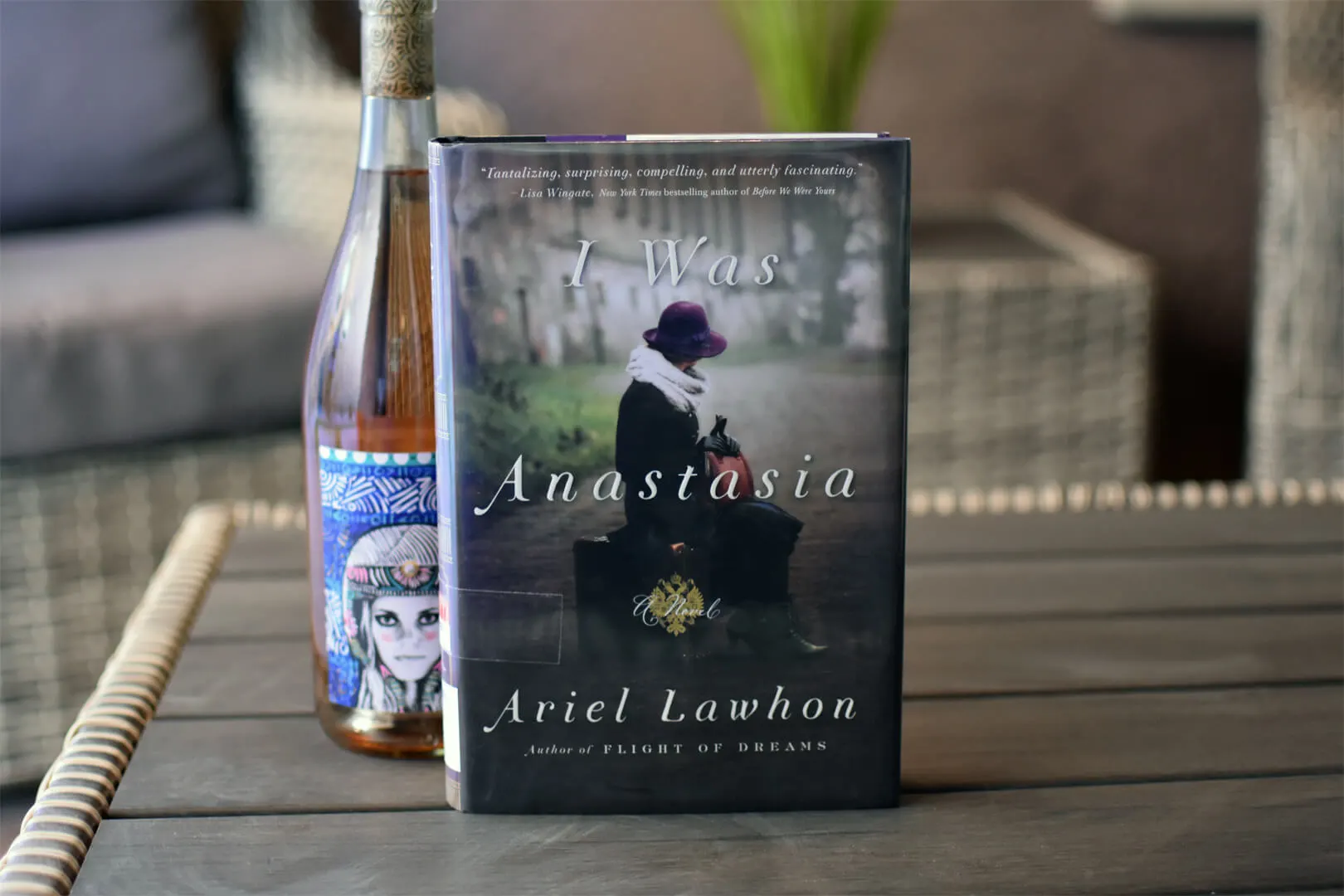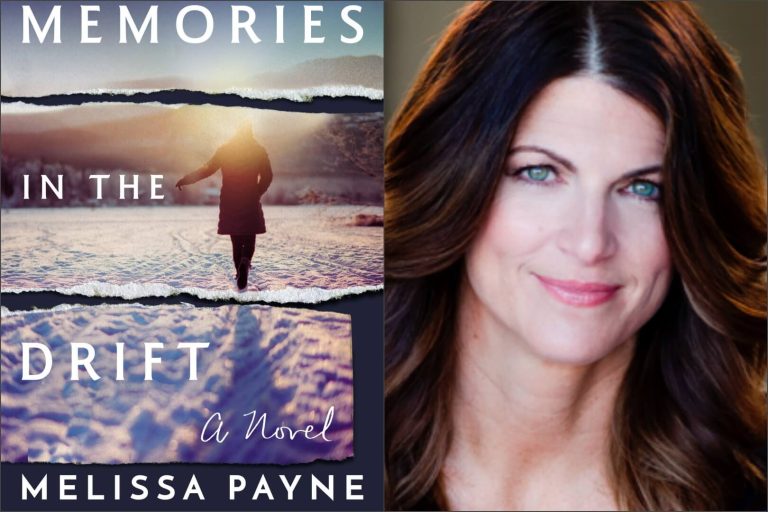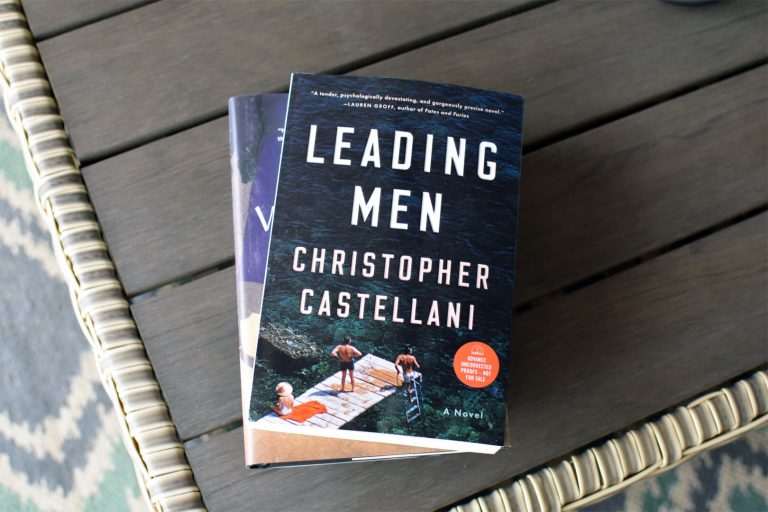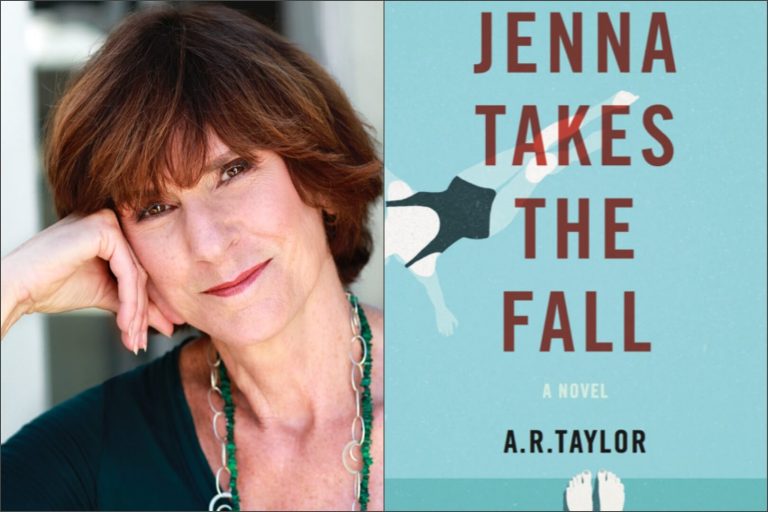I Was Anastasia by Ariel Lawhon is an absorbing and fascinating work of historical fiction. Even though the subject matter is well-documented—the mystery of Anastasia Romanov and the famed imposter Anna Anderson—Lawhon takes a fresh spin on the topic in unexpected ways.
I mentioned in my preview that I’m fascinated with the Romanovs and the historical mystery. But this is the first time I’ve read a historical fiction novel on the subject and it was different than I expected but I very much enjoyed it. Trust me, even if you think you know the Anastasia Romanov/Anna Anderson stories, you’ll learn something new. However, there are some storytelling choices Lawhon made that you should know going into the novel.
Dual narratives
There are two storylines, one is from the first-person perspective of Anastasia 18 months before her family’s execution. Anna Anderson’s story is told in reverse, starting when she’s living in Charlottesville, Va., in the 1970s. Eventually, the two timelines merge to that fateful day in 1918. While I could tell right away why Lawhon employed this storytelling tool, there were times the Anna storyline was confusing. There are many characters weaving in and out of her life and I feel because the storyline is told in reverse, some of the events that happen to Anna don’t feel as important or immediate.
That said, don’t let the reverse tactic deter you from the novel. When it comes to the last quarter of the book, the dual narrative style really takes off and there’s a payoff to this storytelling style at the end. I’m still thinking about that ending.
I Was Anastasia history lessons
I truly believe that one of the best aspects of historical fiction is learning something new. And I Was Anastasia is one of the most well-researched historical novels I’ve read. The attention to detail is extraordinary and while I know much about this subject, I learned much more.
I found myself more engaged with the Anastasia timeline and what their lives were like under house arrest. But history is not without pain and there are some hard, distributing details that Lawhon covers, particularly with Anastasia and her sisters. It is difficult to read at times. If you’re considering this book, please make note that there is graphic and brutal content right before and during the execution.
Some of the enjoyable parts about Anna Anderson’s timeline is the appearance of characters from Anastasia’s story. Specifically Gleb Botkin, a childhood friend of Anastasia and her tutor Pierre Gilliard. Both of these characters are real people. It’s interesting to see their very different dynamics with Anastasia and then later with Anna. Gleb is a kind character and in his heart, he truly believes Anna is Anastasia. Whereas Pierre Gilliard is disgusted by the idea and called Anna a “first-rate actress.”
Character development
When we meet Anastasia, she’s a privileged royal but is also a fiercely independent thinker. She doesn’t shy away from expressing her opinions and standing up for herself. But she’s also still just a teenager and is forced to grow up way too fast when her family becomes prisoners.
Anna, on the other hand, has some of Anastasia’s personality, but she’s a broken, complicated figure. And she complains a lot and doesn’t show much gratitude to people like Gleb who are doing everything in their power to have her recognized as Anastasia.
Themes
The nature of identity is a huge theme. Anna Anderson is not even her real name but she’s not recognized officially as Anastasia, so who is she? If you don’t have a name what does that say for your entire existence?
Love in all its forms are present. Anastasia and her family are deeply close and she experiences first love with a solider keeping watch on the family. Their scenes together are very bittersweet. While Anna seems too broken to let herself truly love someone, I do think she truly cared for Gleb. She just showed it in her own interesting way.
Of course the impact of loss is a major theme.
But it all comes down to is Anna really the Russian Grand Duchess? Or is she trying to steal another woman’s legacy?
Read this novel first before you Google search the topic. When you finish, let me know what you think.






